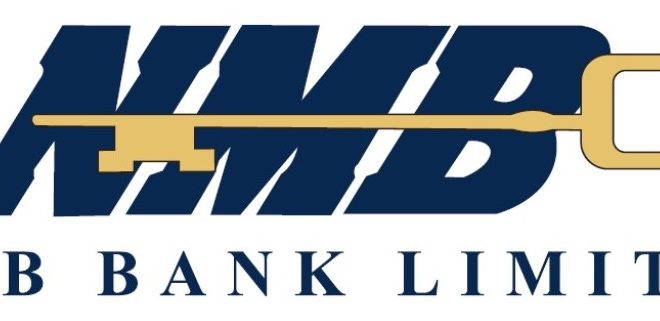FINSEC starts work on derivatives
Financial Securities Exchange Limited (FINSEC) has started work on the first phase of its plans to introduce derivatives, as the financial technology solutions provider steps up efforts to increase capital markets products in the country.
FINSEC general manager Mr Garikayi Munema said being a new product to the Zimbabwean capital markets, derivatives will be introduced for traders on the domestic securities market in phases.
The first phase involves preparing the market for the new product through holding master classes with market participants and potential investors to equip them with knowledge on how derivatives work, potential risks as well as how investors can derive value from their investments.
The master classes are being done in partnership with the Harare Institute of Technology (HIT) and Investment Professionals Association of Zimbabwe (IPAZ).
“We are beginning to hold master classes for derivatives. This phase is scheduled to run for eight weeks, with one class every week. This is to prepare the market ahead of the actual introduction,” he said in an interview.
The first is set online for tomorrow.
Derivatives are financial instruments that are created and derive their value from underlying assets such as gold or a group of assets. The most common underlying assets for derivatives are stocks, bonds, commodities, currencies, interest rates and market indexes.
According to Investopedia, the common derivatives include options, futures contracts, forwards and swaps.
For the Zimbabwe market, Mr Munema indicated they were looking at futures and options.
These, he said, will derive their value from equities listed on the Zimbabwe Stock Exchange (ZSE).
While a market can have derivatives backed by commodities such as agricultural products, more still needs to be done to educate the Zimbabwe market on the basics before expanding to other assets.
Plans are underway to expand into agriculture commodities as well as minerals such as gold after successful implementation of the project.
“Before introducing derivatives to the market, we need to ensure everyone participating has a clear understanding of what we are doing. That is why we are doing this in stages and starting off with trainings.
“Various market participants together with potential investors need to know how this works as an investment option, from buying to selling, how to make profits and the risks involved,” he said.
When fully implemented, derivatives will trade on the FINSEC exchange and will allow all investors access and increase participation.
As a result, financial inclusion in capital markets has remained very low. But lately, operators of exchanges have been working on products and platforms that increase retail
investors participation such as C-TRADE.-The Herald










